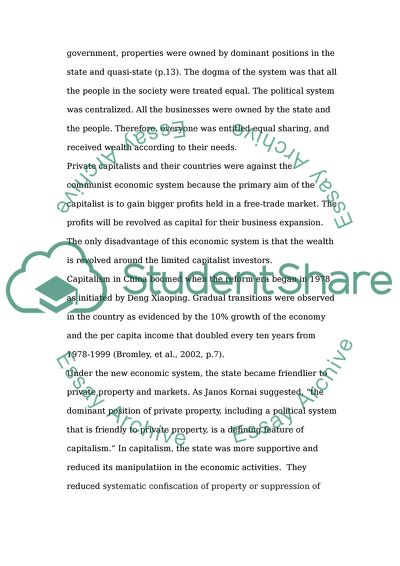Cite this document
(“To what extent and in what ways do the reports in the transitions Essay”, n.d.)
Retrieved from https://studentshare.org/literature/1426949-to-what-extent-and-in-what-ways-do-the-reports-in
Retrieved from https://studentshare.org/literature/1426949-to-what-extent-and-in-what-ways-do-the-reports-in
(To What Extent and in What Ways Do the Reports in the Transitions Essay)
https://studentshare.org/literature/1426949-to-what-extent-and-in-what-ways-do-the-reports-in.
https://studentshare.org/literature/1426949-to-what-extent-and-in-what-ways-do-the-reports-in.
“To What Extent and in What Ways Do the Reports in the Transitions Essay”, n.d. https://studentshare.org/literature/1426949-to-what-extent-and-in-what-ways-do-the-reports-in.


